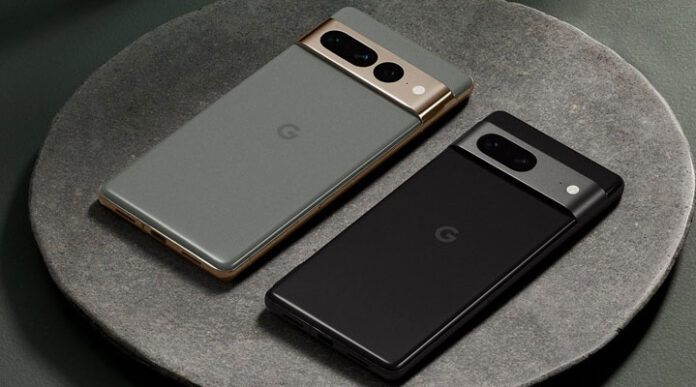The Google Pixel 7 and Pixel 7 Pro smartphones are the first Android devices that only allow 64-bit software, according to the American tech giant Google.
When describing the few advantages of discontinuing support for 32-bit apps, the corporation reportedly said that in addition to consuming less RAM, it also enhances performance and security.
Previously, all Android devices that supported 64-bit apps also supported legacy 32-bit apps, thus this is a significant change.
Google anticipates that devices devoid of 32-bit app compatibility will proliferate over time.
Because the tech giant thinks the Android ecosystem is prepared to make the switch, they released the Pixel 7 and Pixel 7 Pro. According to Google, this arrangement is quicker because 64-bit apps have access to resources and instructions that 32-bit apps do not.
It further asserts that when 32-bit support is disabled, contemporary CPUs can perform up to 25% quicker. Additionally, this setup can free about 150MB of RAM, which is needed whether or not 32-bit software is running.
It is advised for developers to start testing their software for 64-bit-only machines. It is now possible to test for compatibility problems with the new setup using developer tools.
According to the article, Google stated that 32-bit ABIs should continue to be maintained and that 32-bit devices will continue to support Android Go, Android TV, and Android Wear.
Recently, the Google Pixel 7 and Pixel 7 Pro smartphones with the Tensor G2 SoC of the second generation were introduced. The pricing of the only 8GB RAM + 128GB storage Google Pixel 7 in India is Rs. 59,999, while the price of the only 12GB RAM + 128GB storage Google Pixel 7 Pro is Rs. 84,999.
The 6.32-inch full-HD+ (2,400 x 1,080 pixel) OLED display on the Google Pixel 7 has a refresh rate of 90Hz. The 6.7-inch Quad-HD (3,120 x 1,440 pixels) LTPO OLED display on the Pro model has a higher refresh rate and is larger. The Google Pixel 7 line of smartphones comes in three color options and will get security updates for five years. The Pixel 7 and Pixel 7 Pro both have two rear cameras with 50 megapixels each, while the Pixel 7 Pro also has a third camera with a 48-megapixel telephoto lens. Both phones have an IP68 grade for dust and water protection and a 10.8-megapixel selfie camera.





